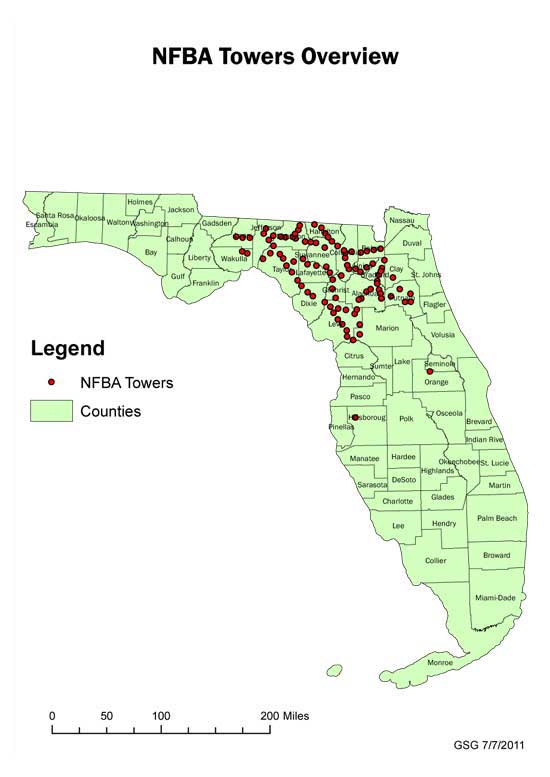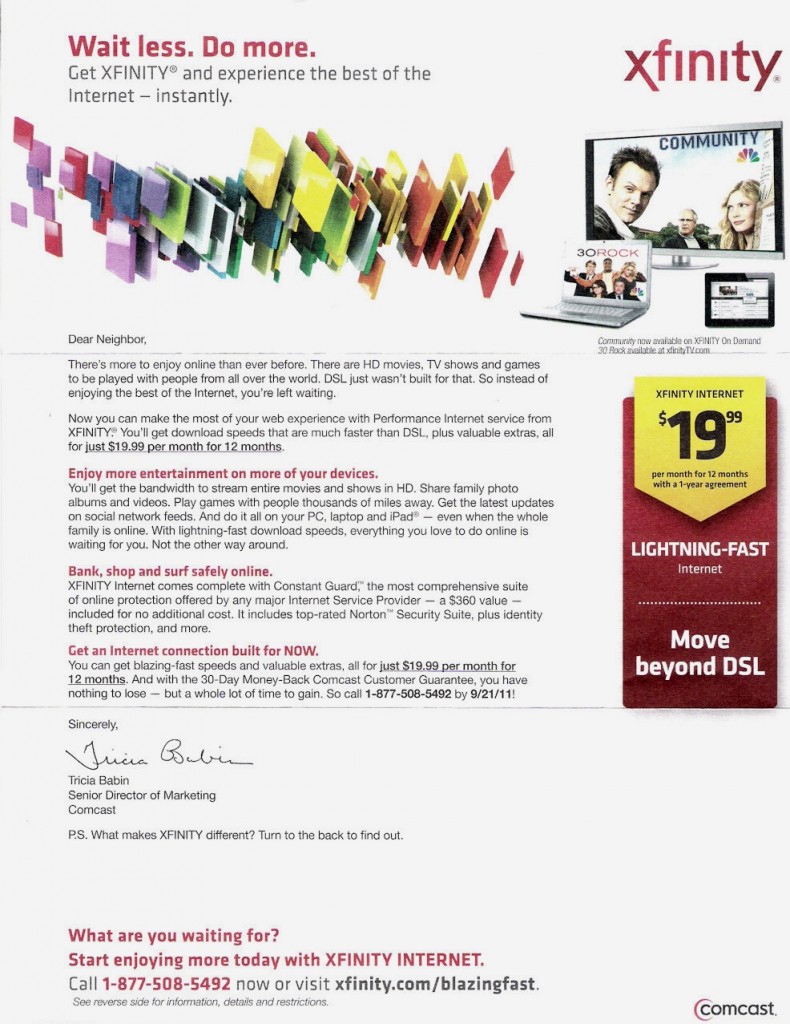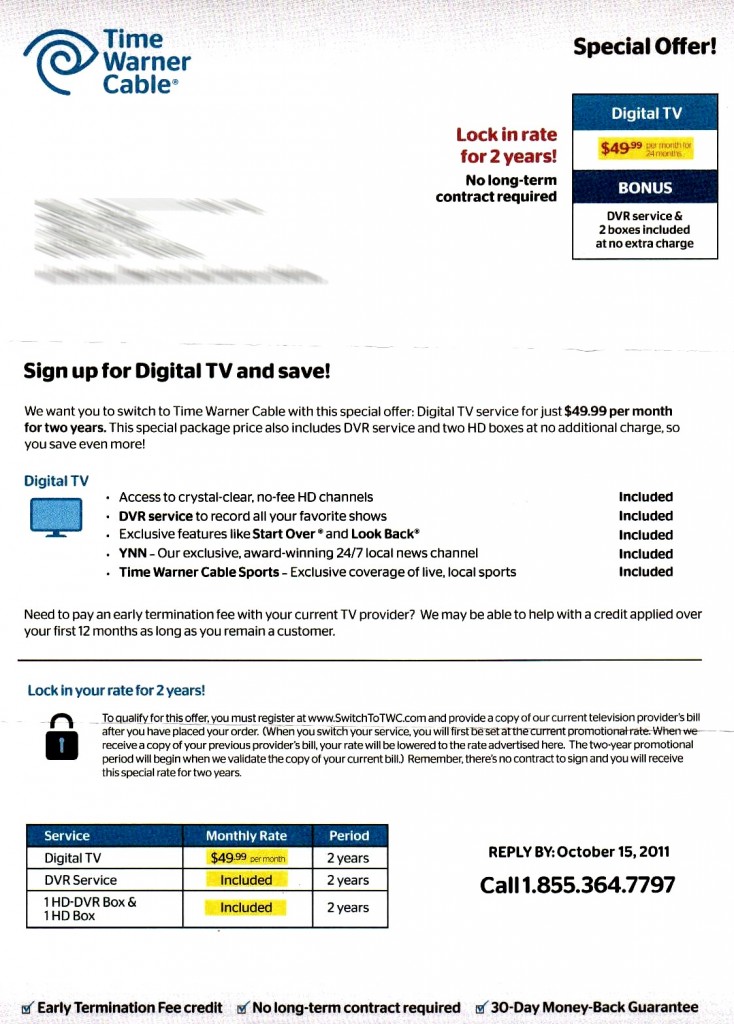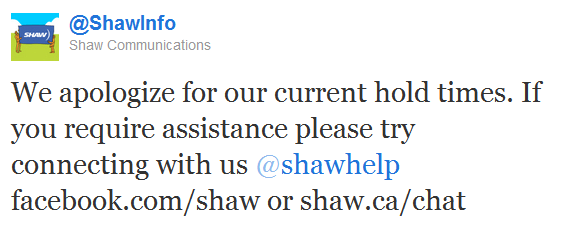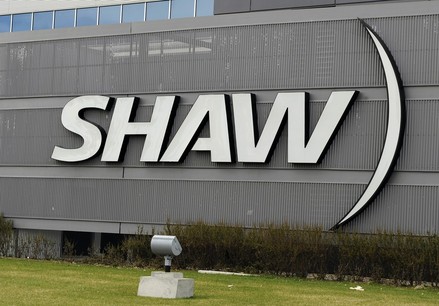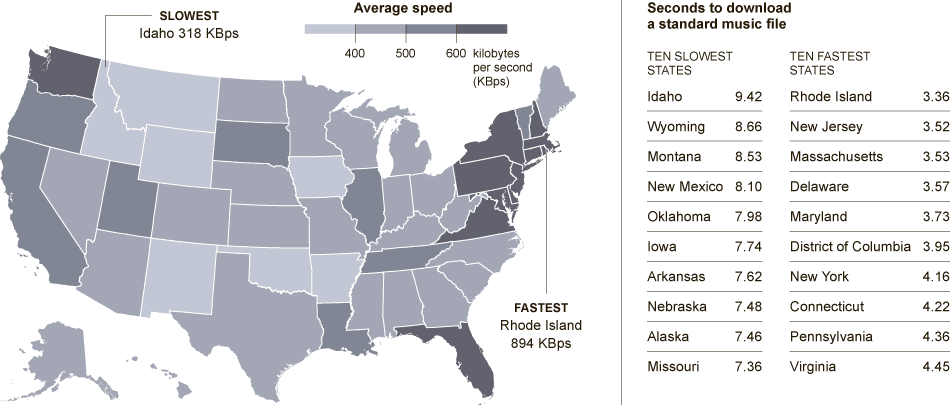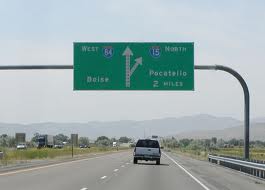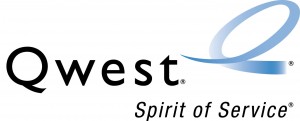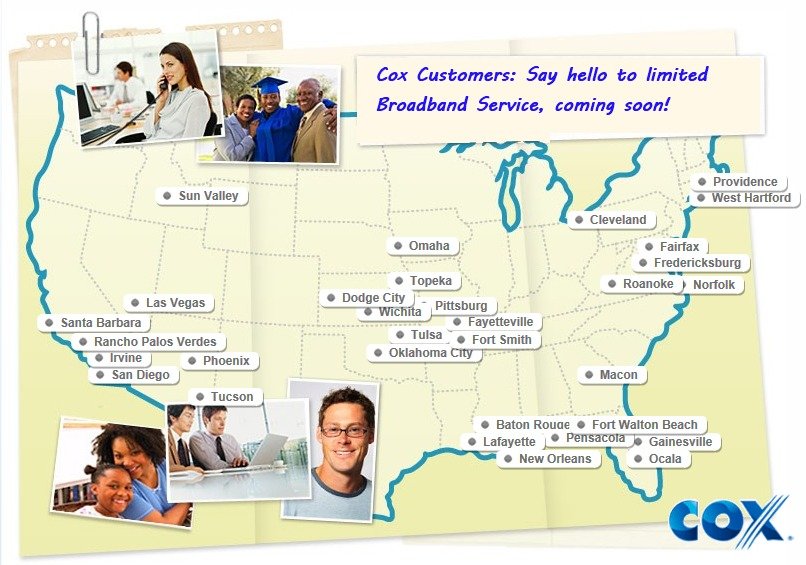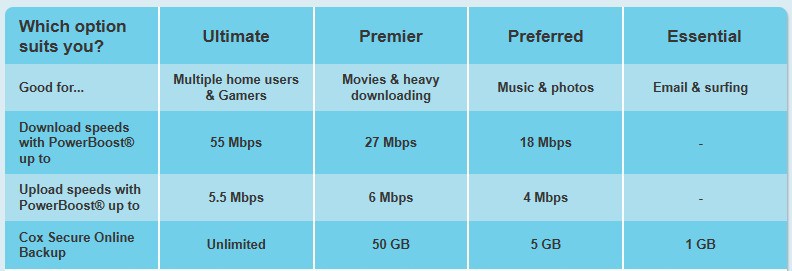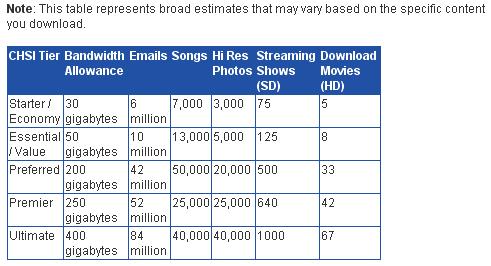Northern Fla. Broadband Network ‘Wasted’ $6.8 Million of $30 Million Grant With No Resulting Service
A consortium of 15 rural north Florida counties awarded a $30 million federal broadband grant to provide a “middle-mile” wireless broadband network for the region has spent almost $7 million of its federal grant on consultants, design engineers, land acquisition and staffing without breaking ground on a single construction project.
In February 2010, the Obama Administration announced the broadband grant to deliver rural Florida residents a way to finally obtain high-speed access to the Internet within three years. Now, a year-and-a-half later, not a single tower of the wireless network has been built, residents have been told they will never receive Internet service directly from the project, and one of the key members of the North Florida Broadband Authority charged with constructing the network has called one of the major contractors “incompetent.”
Last week, federal officials suspended the grant amid growing accusations of wasteful spending and lack of oversight.
NFBA was supposed to be building a wireless wholesale-access network across 15 counties that would deliver ISPs, government agencies, libraries, and other institutional users packages of 6, 12, 25, 60, 150Mbps or faster service, linked with fiber to Orlando and Tampa.
Although media coverage touted the project as delivering improved access to residential customers in Baker, Bradford, Columbia, Dixie, Gilchrist, Hamilton, Jefferson, Lafayette, Levy, Madison, Putnam, Suwannee, Taylor, Union and Wakulla counties, the NFBA project will not directly make broadband service available to consumers. Would be residential customers will have to hope an incumbent Internet Service Provider chooses to participate and resells access to the network across the region. Otherwise, those taxpayers will only be able to use the network they paid for at a local library.
That is, if the project ever gets completed.
To date, financial statements from the NFBA reflect the biggest checks paid to-date have gone to architecture and design consultants, which have received a total of more than $3.37 million dollars. In contrast, NFBA has paid $0.00 for on-site construction and site work as of the end of the last quarter. Money has also been spent on “Administrative and Legal Expenses” amounting to more than $863,000, and $1.54 million has been spent on property appraisal, acquisition, and expenses related to establishing rights-of-way.
When questions began to be raised about why the project had spent so much on so little, the fur began to fly, according to the North Florida Herald:
Christopher Thurow of Bradford County, accused [contractor] Government Services Group of being “incompetent.” Government Services Group answers to the Authority and is in charge of managing the project.
Then Rapid Systems, one of the project’s engineering companies, began making accusations of not getting paid. But GSG pointed to what it said was inadequate documentation by Rapid Systems and not following payment procedures.
Adding to the controversy was that GSG had been let go from managing the Florida Rural Broadband Authority (FRBA), a program similar to the North Florida Broadband Authority.
Multiple FRBA meetings were canceled, and the project was behind schedule, said Rick Marcum, chairman of FRBA.
“We felt like we needed to move in a different direction,” he said.
Since then, Government Services Group has filed a lawsuit against FRBA, saying there is a breach of contract.
At the North Florida Broadband Authority, some members allege a conflict of interest between GSG and Capital Solutions, which was contracted by GSG to oversee the administration of the grant money.
The apparent conflict comes from the accusation that Government Services Group CEO Robert Sheets is 25-percent owner of Meridian Services group, where Lisa Blair is CEO and president. Blair also is the CEO of Capital Solutions.
NFBA project members seem content to blame most of the problems on others, as well as on a sudden discovery their initial network design would not meet the performance requirements of potential wholesale customers. That meant a wholesale re-design of the project into a “interconnected-ring network” design topology. The rest of the delay, according to the NFBA, was because the project was sitting around waiting for government approvals:
This entire process (which included design re-evaluation, engineering services procurement, and network redesign) was carried out over a period of two to three quarters, which was the period of time designated in the original Baseline Plan for the turnkey link design phase as well as for subsequent equipment procurement, site acquisition, and pre-deployment activities. Additional variance from the Baseline Plan resulted substantial delays that were incurred awaiting wage-rate determinations (more than 3 months), awaiting a response to a waiver request to allow eligibility of Long term Operational leases (requested process in December, 2010, AAR submitted in April 2011, received in June, 2011); and comments from the Program Office on a Route Change Request (2 months).
 That explanation did not pass muster with grant administrators at the National Telecommunications and Information Administration, the federal agency overseeing broadband grants.
That explanation did not pass muster with grant administrators at the National Telecommunications and Information Administration, the federal agency overseeing broadband grants.
“NFBA has experienced a number of external and internal delays on its project and, as a result, NTIA has serious concerns regarding the project’s long-term viability and, in the short-term, its ability to implement and deploy the proposed project during the grant award period,” the NTIA wrote in a statement.
As a result, the NTIA has suspended the program, ending all work, pending some sort of oversight agreement with the NFBA being concluded before Oct. 10.
The NTIA wants all invoices and disbursements from the $30 million grant approved directly by them before any more money is spent on the project.
To date, filings indicate the project has no signed customers of any kind, institutional, commercial or otherwise. NFBA anticipates it will “outline service to 308 anchor institutions by project closeout,” with “outline” at this point defined as “offer.”
However, NFBA claims to have received a “Commitment Letter for a substantial monthly service commitment from one of our last mile partners, and we expect to receive additional Commitment Letters over the next quarter as we continue to actively engage last mile providers in the network region.”
Last-mile partners are the ones that will ultimately deliver service to residential and business customers.
Dixie County resident and Stop the Cap! reader Jimmy Dixon, who alerted us to the latest developments, calls it “a good government program hijacked by greedy consultants and incompetent local officials.”
“This was supposed to be about serving the unserved — we the people — and instead the project will only sell to government buildings and libraries, and whatever ISPs choose to buy access,” he writes. “But when an ISP won’t sell DSL to your home today, nothing about this grant will make them sell it tomorrow.”
Indeed, Dixon says the local phone company in his area continues to have no plans to wire his neighborhood for DSL, grant or no grant.
“They frankly told me it did not make economic sense to extend DSL here, and unless the government directly defrayed those expenses, they never will service us,” Dixon shares. “But I guess until recently it was just fine to line the pockets of consultants with millions in taxpayer dollars to not deliver service to anyone else, either.”
“We’re all in the same boat, and it’s sinking fast.”
Read the special investigative report published by the North Florida Herald here.


 Subscribe
Subscribe